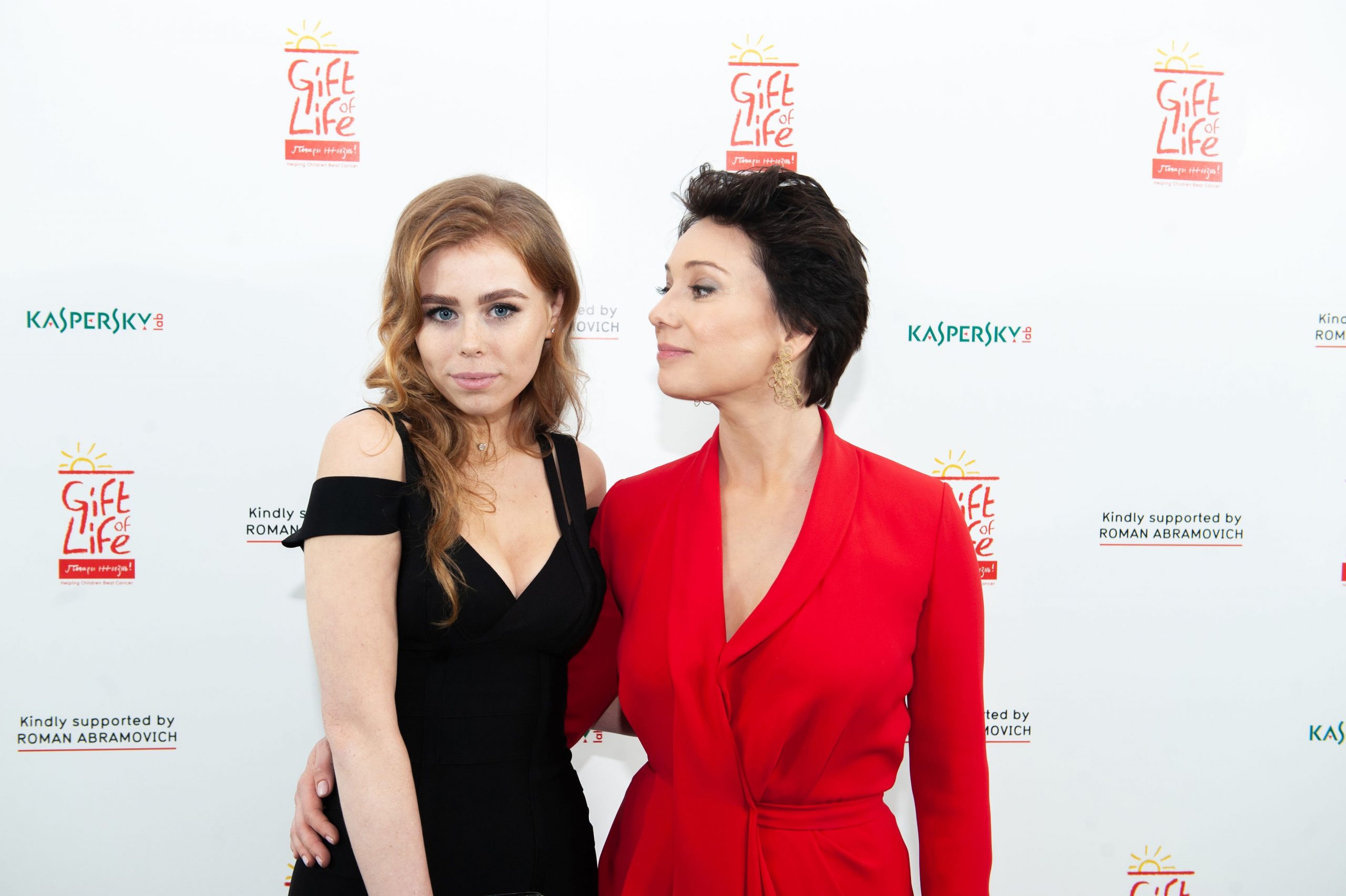Red-haired beauty Maria Dyatlova was once a child in the care of our sister charity Podari Zhizn. Ten years ago, she was able to overcome aplastic anaemia, a severe blood disorder.
After treatment in Moscow, Maria came home to Omsk, but her stay didn’t last long. Her family soon moved to New York, where they are still living now. The city has suffered terribly from the coronavirus epidemic. We’ve reached out to Maria to talk about the quarantine, her fears, and her plans for the second half of this challenging year.
Where did you spend quarantine, and what was it like for you?
I spent quarantine at home. At first, I appreciated studying remotely. You don’t have to go to college, and you can just stay at home. But soon I started seeing news online about the high number of infections, about people dying, and I started to feel very scared. I didn’t worry so much about myself as about my loved ones.
I could feel how powerless I was. It’s frightening, seeing people in the street in masks and gloves, and realising that there’s still no cure and infected people often die. I wondered whether I could endure a serious illness the way I did ten years ago if I became infected and ended up in hospital right now. I don’t know if I would.
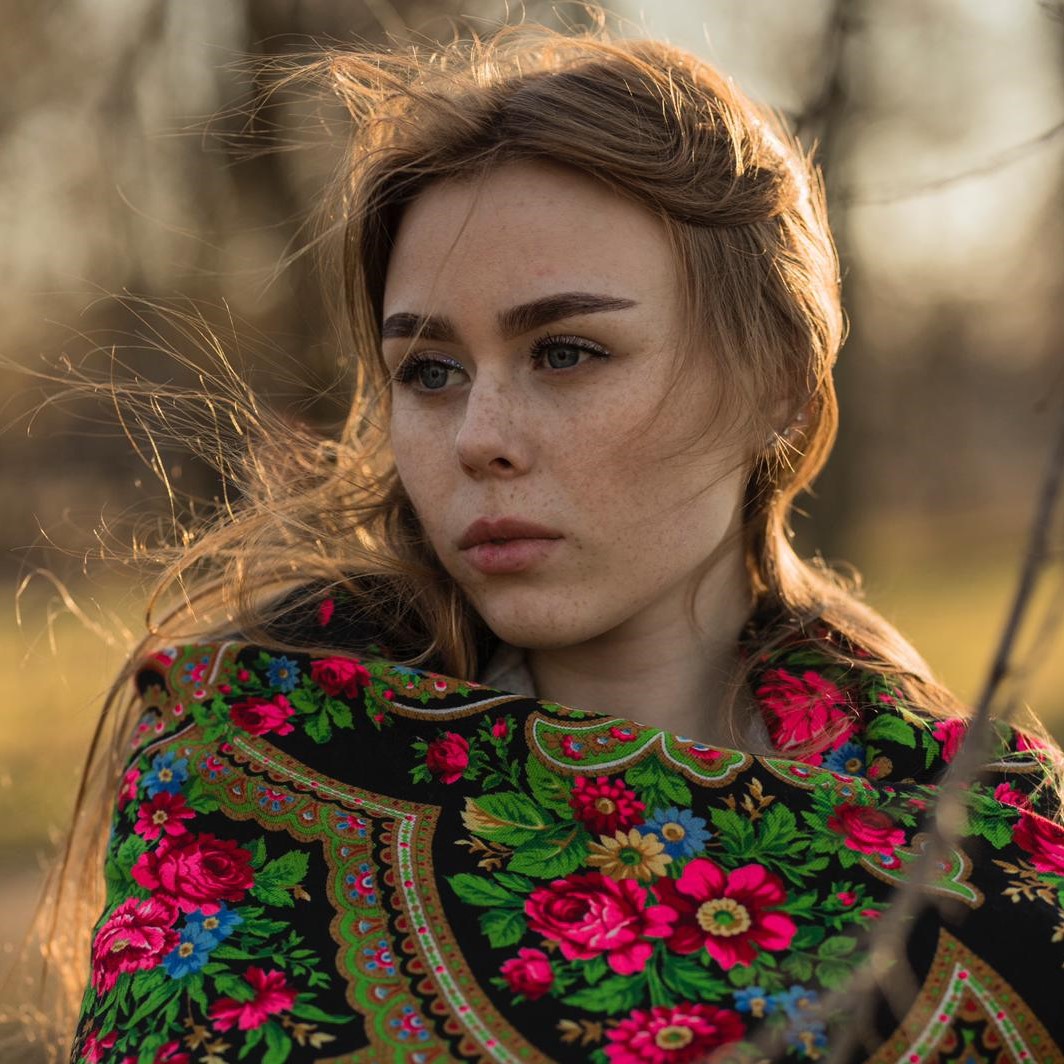
Maria today
Did the strict quarantine remind you of the forced isolation in hospital when you were being treated for cancer?
Not really. During the two months of quarantine, I did go out onto the street, and see everyone wearing masks. But when I was being treated for anaemia, the only people in masks were me and other children with serious illnesses. Back then, people just pointed fingers at me because of my mask, which I hardly ever took off in case I got infected with something. Today, people still do that, but everyone shows some understanding as well.
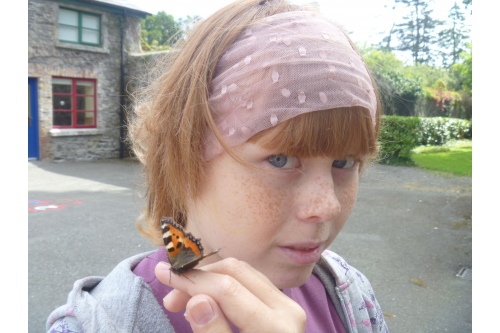
Maria as a child
What did you learn during the quarantine period, and what were you able to think over?
I’ve started to value freedom more. Before, I could meet up with my friends, go shopping, or go to college. That was everyday life. But after we were forbidden to freely leave the house, and virtually everything was closed down, I ended up having a lot more time, and I found myself having many new thoughts about opportunities, limitations, and gratitude. I didn’t value all those opportunities the way I do now. You have to always be grateful for the fact that you’re healthy, that you’re not ill, that you’re free to walk around, and meet up with your friends, or just spend time in a park and enjoy the fresh air. I learned to value all this more.
Aside from the coronavirus, New York was strongly impacted by the Black Lives Matter street protests. Did that affect you at all?
I oppose racism! You can’t separate people by nationality or skin colour. Everyone’s heart is the same colour. People have taken to the streets to fight for justice, and they have every right to do so. The city administration declared martial law in order to prevent looting and disorder, and it felt like a second wave of quarantine. Everyone was on edge.
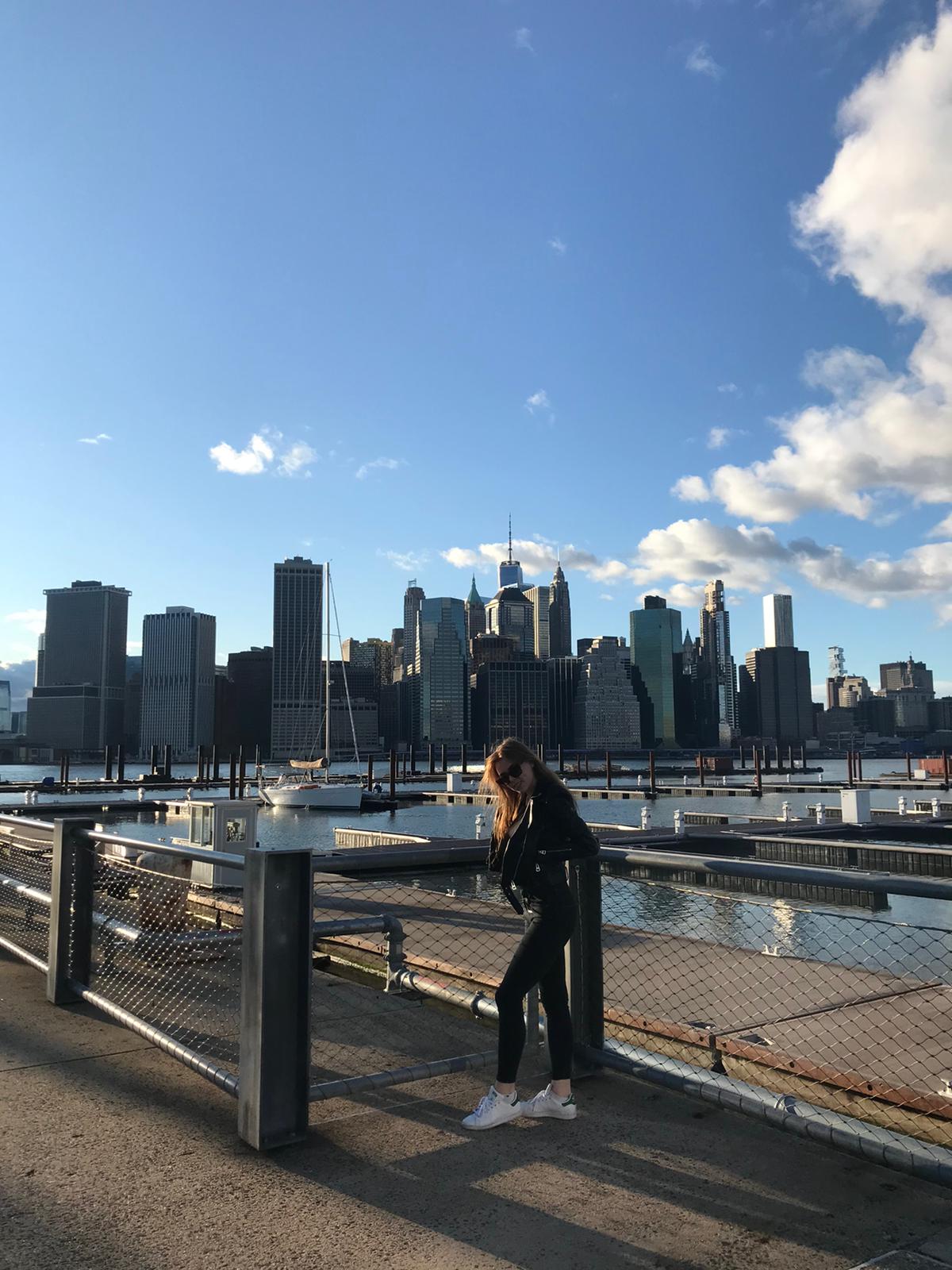
Maria moved to New York from Omsk about ten years ago
Were you able to keep up with your dancing hobby during the quarantine?
Unfortunately, I had to stop dancing for the sake of my studies. For now, I don’t have time for hobbies. But I practically live for dancing, and it’s always in my soul.
What are your plans for the near future?
I was going to go to Russia this summer to see my family, but because of the pandemic, I won’t be able to go until next year. Right now, it’s the holidays, and I just want to enjoy my summer before it’s time to get back to my studies.
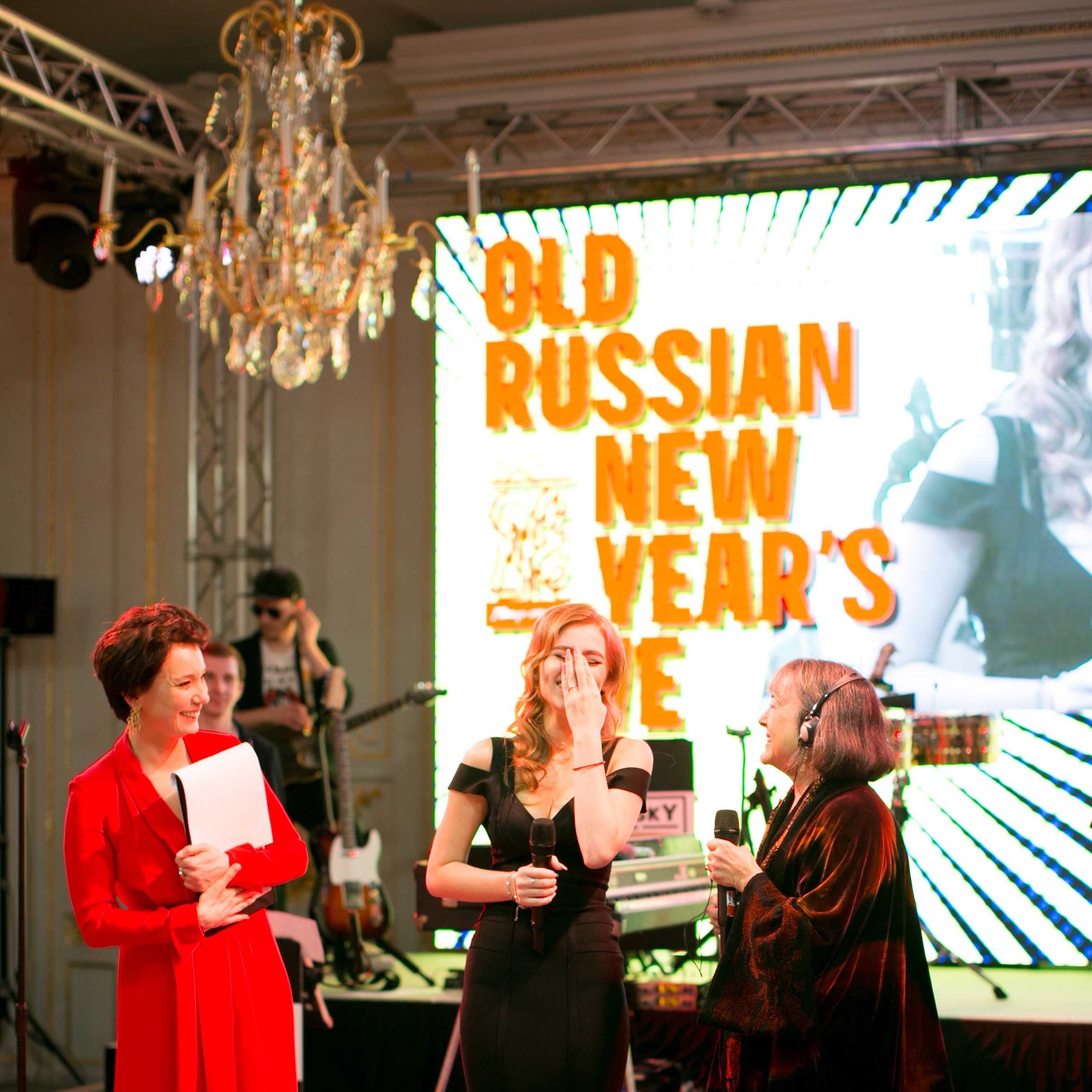
Maria with Chulpan Khamatova and Florence Marchick, her bone marrow donor. Maria and Florence met for the first time ever at the Gift of Life Gala 2019
What wish would you like to make for the children in our care who are receiving treatment and are still in isolation?
I wish for sick children to never give up, to believe in themselves and their strength, and to support their parents. Speaking emotionally, parents end up suffering even worse than the children themselves. The people who have been through difficult treatment, or are going through it right now, are the strongest! You have to believe in yourself, pray to God, and know that everything will be all right.
Your donations pay for vital medical treatments and give children like Maria a better chance to beat cancer.

